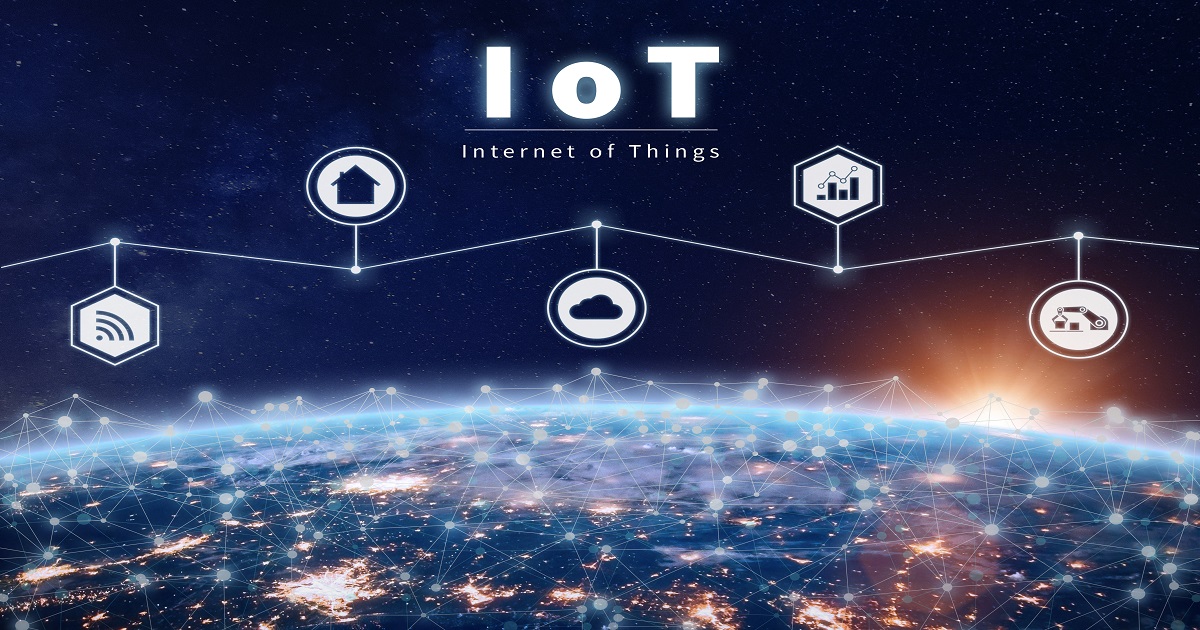Last week’s AT&T outage shone an unwelcome spotlight on the precarious nature of public networks to support business-critical operations. While the track record of the carriers is excellent overall, there is an argument to be made—as proven last week—that enterprises would be well-advised to leverage the reliability and security of a private cellular network to handle essential operations.
Consider that in those nine hours where AT&T lost connectivity, not only were voice and text communication impossible, but data transport within manufacturing, agriculture, and other expansive production environments came to a halt. In an age when more and more businesses rely on automation, machine learning, AI, and other technologies to manage their operations, sending and receiving data between sensors, edge computing devices, and platforms is critical. Any impediment can have calamitous cost, security and personal safety implications.
In addition, what happened to AT&T can just as well happen to Verizon, T-Mobile, or many other providers. We live in an era where security threats abound, from human engineering to hacking, which enable routine compromise of Wi-Fi networks, placing sensitive data and operational safety and security at risk. For businesses that use advanced tools to automate manufacturing, logistics, and food production, as well as other industries that rely on wireless connectivity, the risks associated with the public networks and Wi-Fi are probably a bridge too far. Instead, they should evaluate the suitability of a private cellular network to support business needs.
Foremost, a private cellular network gives a business the one thing it doesn’t get with a public carrier: Control. The enterprise has the ability to ensure that its private network is optimized for uploads and downloads to satisfy its needs. There’s no competing with TikTok videos for bandwidth, and customers still maintain the coverage they need even if the public network goes down.
Then there’s the security aspect. Compared to Wi-Fi, cellular services are considered more robust and less susceptible to malevolent acts like hacking. On top of this, private cellular is considered advantageous in terms of coverage and cost.
The lesson last week was clear: Any business that relies on automation in manufacturing, supply chain management, agriculture, mining, and other industries, but that isn’t using a private cellular network, is taking a completely avoidable risk that can have severe consequences throughout the organization.
About the author: Allen Proithis is chief executive officer of GXC , a leading provider of an award-winning, private enterprise 5G networks, and the world’s only provider of private cellular mesh technology. In this capacity, he is responsible for all corporate strategy, product development, go-to-market activities and operations. Before joining GXC, he founded Capstone Partners, a strategic advisory firm for clients interested in Digital Transformation enabled by mobile, IoT, software and managed solutions. Among his successes at Capstone was the creation of 5G optimized applications for one of the first US Department of Defense private 5G network deployments. Prior to Capstone, Allen was president of Sigfox North America, where he formed a high-performance team that built a successful IoT business with top enterprises while providing wireless coverage for over 70M people across the US. In addition, Allen created Convida Wireless, a $155M IoT joint venture with Sony & InterDigital, serving as chairman. Before that, he oversaw the commercialization of IoT, Wi-Fi, shared spectrum and video content management solutions for InterDigital, and led strategy and business development for HP’s global Smartphone & Tablet division, which included the launch of HP’s first mobile app store.
Edited by
Erik Linask





